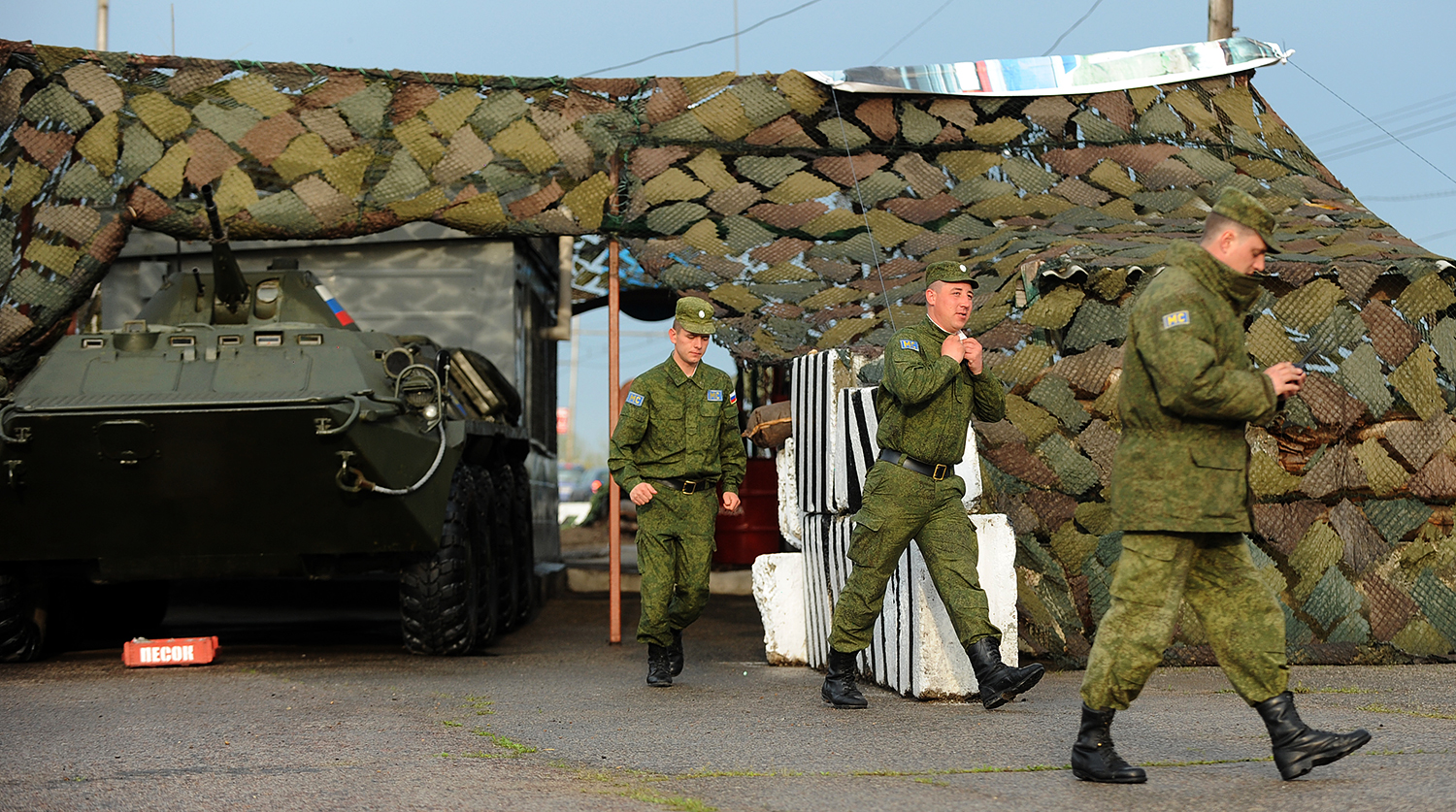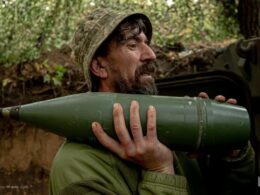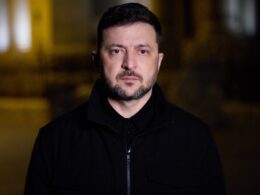The flight of the former Transdniestrian president to Chisinau coming after Moldova’s erection of customs posts on Ukrainian territory on the border of the unrecognized republic and Chisinau’s expulsion of five Russian diplomats has sparked fears in Tiraspol and Moscow that Russia is “losing control” of the situation there, Gazeta reports.
The flight of former Transdniestria president Yevgeny Shevchuk from Tiraspol to Chisinau changes the dynamics in the breakaway republic, the newspaper's Aleksandr Rybin says, thus making it more likely that those with economic interests there will press for reorienting the republic away from Moscow.
That is especially true now he notes, because with the new customs posts on Ukrainian territory, Chisinau can institute an effective blockade of Transdniestria that will hurt its already-hard-pressed economy in ways that Moscow will not be able to do anything about.
And that in turn will mean that Moscow’s pleasure in the election of a pro-Russian president in Moldova will prove to be almost meaningless because the Moldovan government which has the real power in the country is pressing ahead with its pro-Western program of European integration and distancing that country from Russia.
Given all this, Rybin says, a situation close to “panic” has arisen in Transdniestria. According to one source near the leadership of the unrecognized republic, “Russia, if one speaks honestly, now does not decide anything in Transdniestria. It has isolated itself from the processes which are taking place in the region” and is paying a price as a result.
Indeed, the source continues, “the orientation toward Russia in Transdniestria is only for show. Tomorrow the republic may easily reorient itself toward the European Union” and away from Moscow. That is because as a result of Moscow’s failure to respond to Chisinau’s actions, economics rather than politics is driving decisions and hence working against Russia now.
Some in Moscow both at the foreign ministry and in the Duma are alarmed, but they have not acted yet. Perhaps something will emerge at talks next month between the sides in the conflict, but given Moscow’s weakened position, Rybin suggests, no one can assume that Russia will win out then.
Related:
- Russian diplomats Chisinau expelled reportedly recruited Gagauz to fight in Ukraine
- Russian troops unconstitutionally occupy Moldovan territory – Constitutional Court
- Moldova – Ukraine’s problematic neighbor or partner on the road to the EU?
- Bulgaria, Moldova elect pro-Russian presidents
- Transnistria. Why Russia should leave the occupied territories
- European Court of Human Rights ruled Russia responsible for actions of Transnistria
- Transnistria frozen conflict zone recognizes Russian tricolor as second “national” flag






